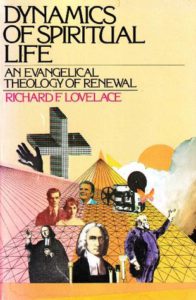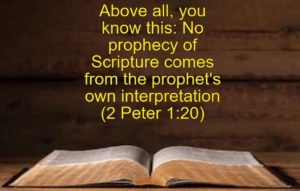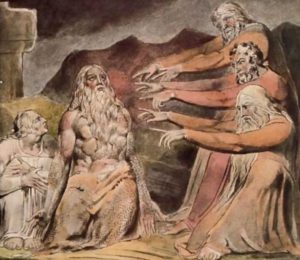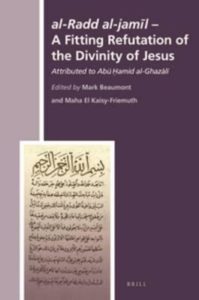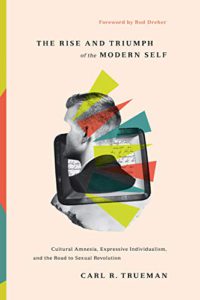
Carl Trueman, a distinguished Reformed theologian and historian has just published a new book which has been described as “perhaps the most significant analysis and evaluation of Western culture written by a Protestant during the past fifty years,” – The Rise and Triumph of the Modern Self: Cultural Amnesia, Expressive Individualism, and the Road to Sexual Revolution. Not surprisingly, the book deals with the Western obsession with sexual identity and sexual freedom, that is, homosexuality and sex outside the bounds of marriage.
The controversy over sexuality in the West may seem far away and one wonders why we should bother with this Western obsession? But the reality is that many of our younger generation (including Christian youths) have bought into the same sexual revolution because of the dominance of the West ideas in the global media.
Trueman’s analysis builds on the writings of Philip Rieff (The Triumph of the Therapeutic), Alasdair MacIntyre (After Virtue) and Charles Taylor (The Secular Age), but he has the virtue of zeroing onto the roots of the sexual revolution – expressive individualism in an age of authenticity. To this we may add (1) the loss of divine transcendence which grounds objective morality. Morality becomes a matter of personal taste and manipulative power games, (2) the death of the soul which historically served as the basis for human significance and identity. Human nature becomes devoid of intrinsic essence or meaning. Selfhood is focused on the inner life of emotions of the individual. According to Freud, our sexual desires are ultimately decisive for who we are.
With the triumph of the therapeutic and erotic, personal aesthetics replaces ethics, and the therapeutic ‘self’ becomes a social construct which may be deconstructed and reconstructed at will, especially in the area of sexual identity. Based on Nietzsche’s genealogical approach to morality and Marx’s dialectical materialism, activists for transgenderism and sexual freedom reject Judeo-Christian morality (bourgeois family morality) as the source of sexual oppression and portray themselves as heroic liberators and champions of human rights. Continue reading “The Rise and Triumph of the Modern Self and the Sexual Revolution”

